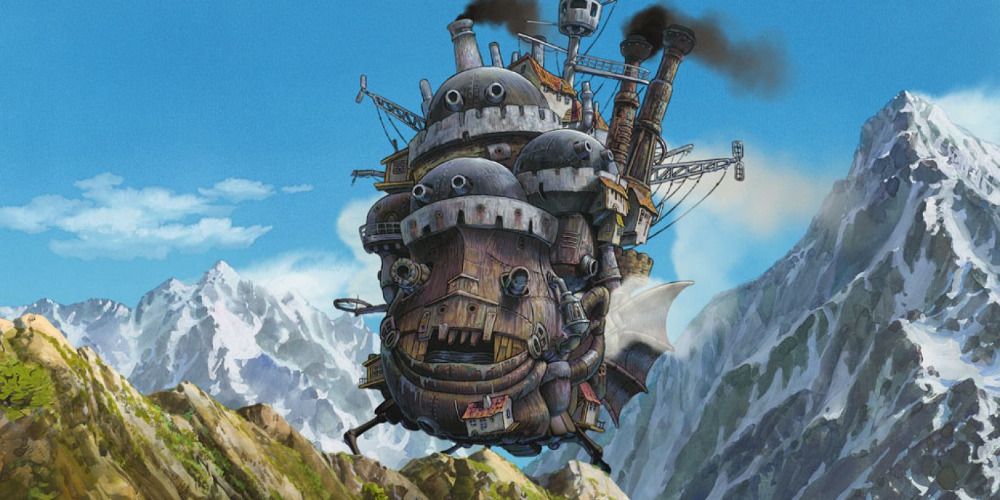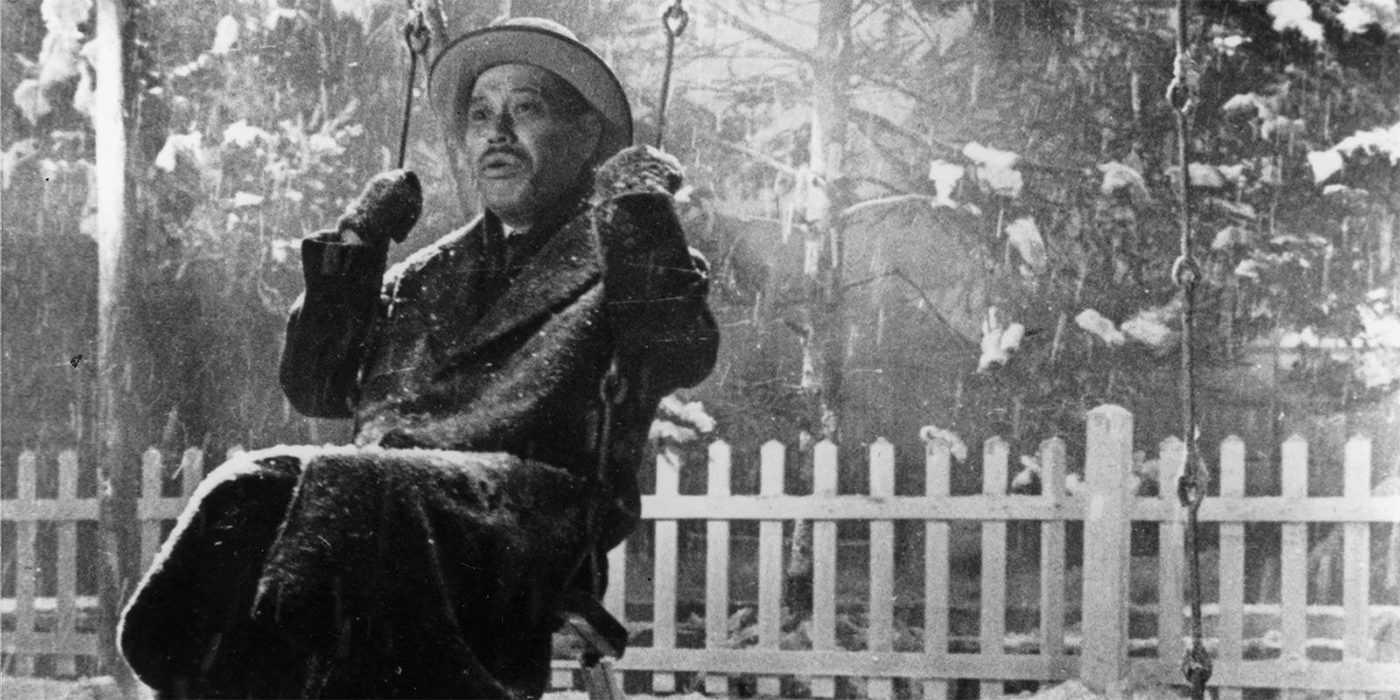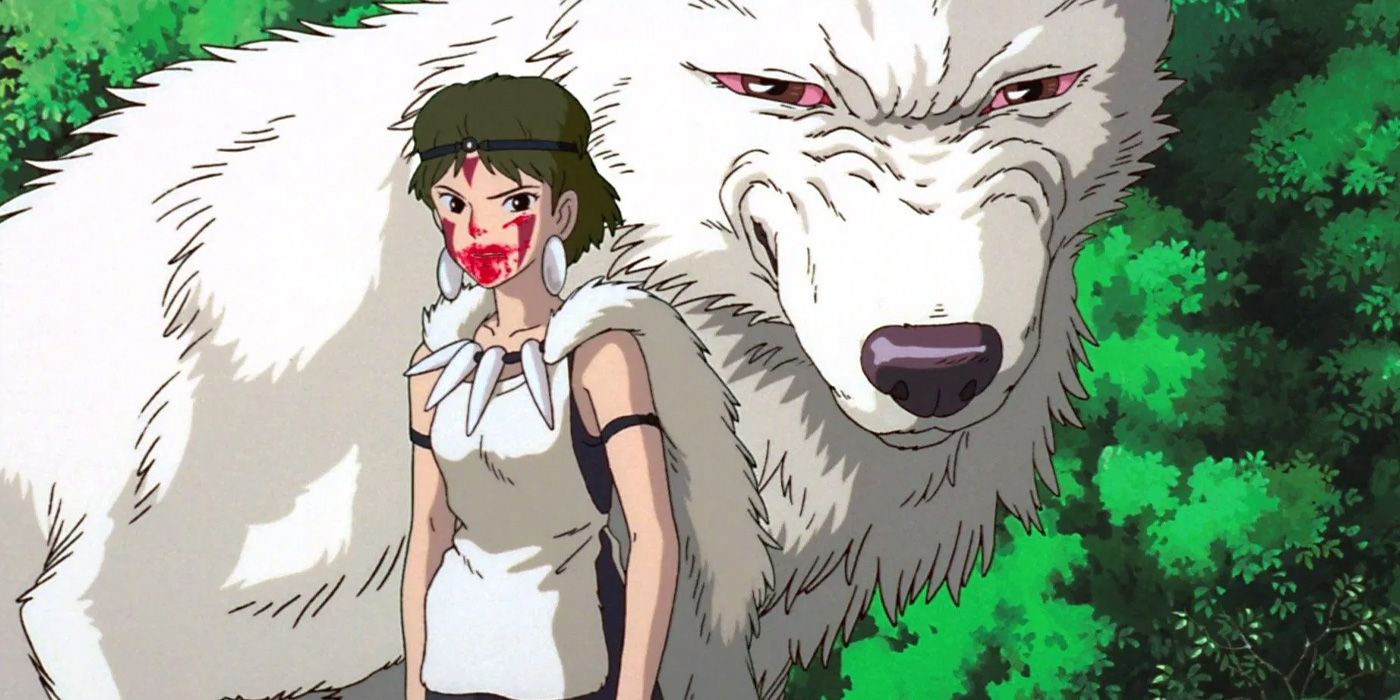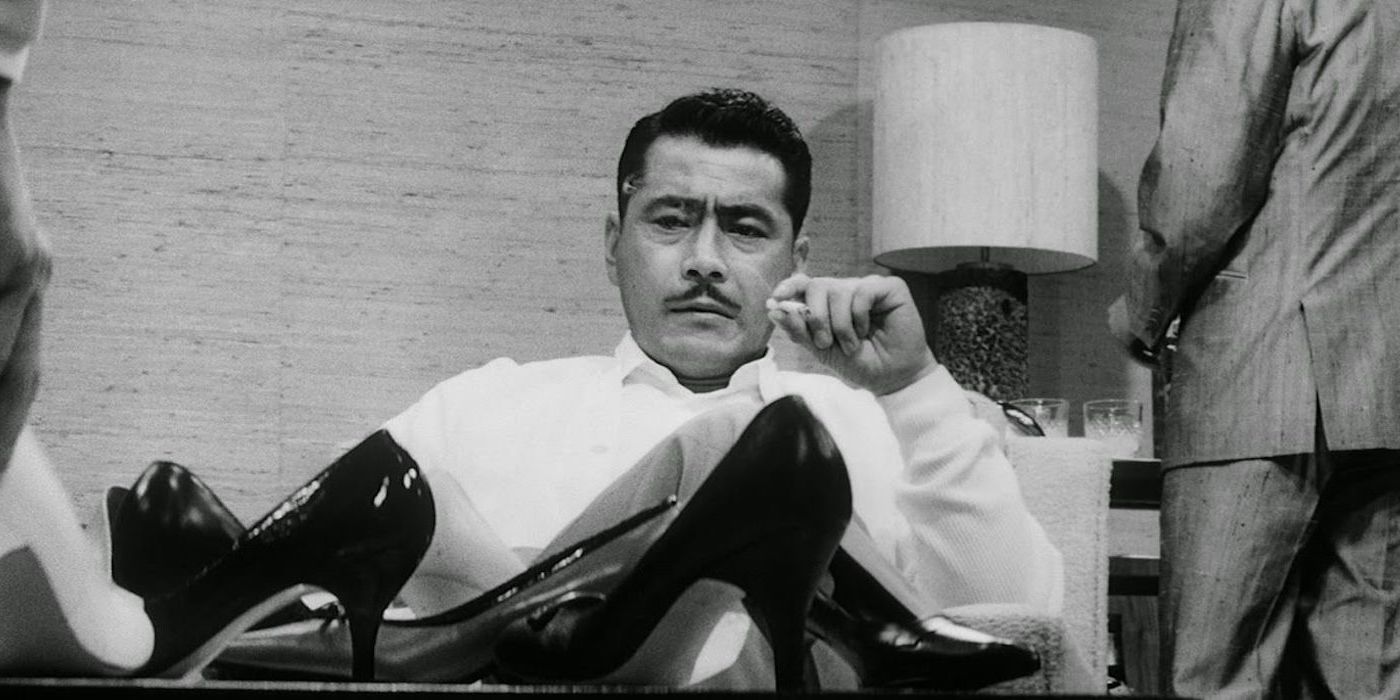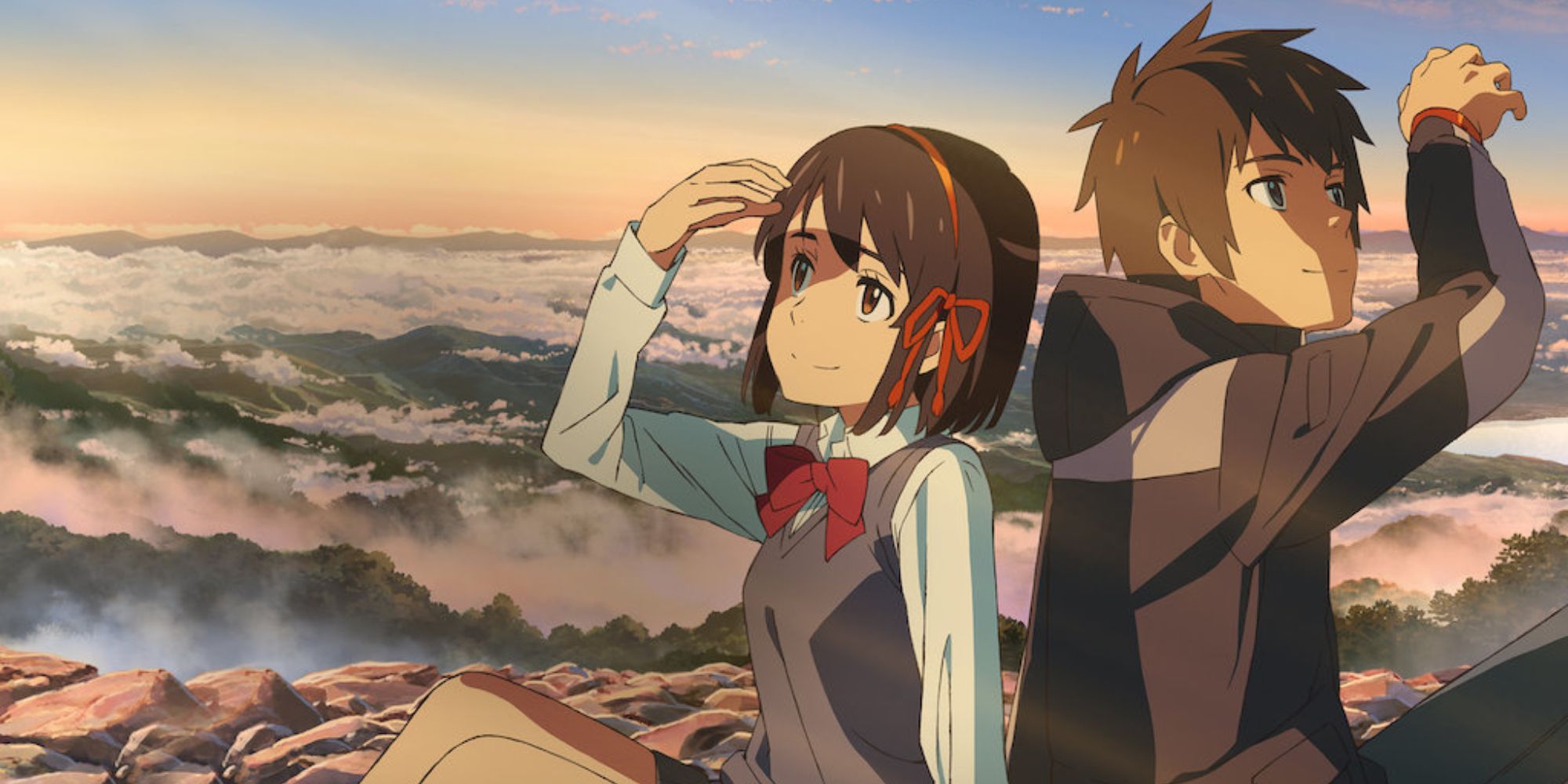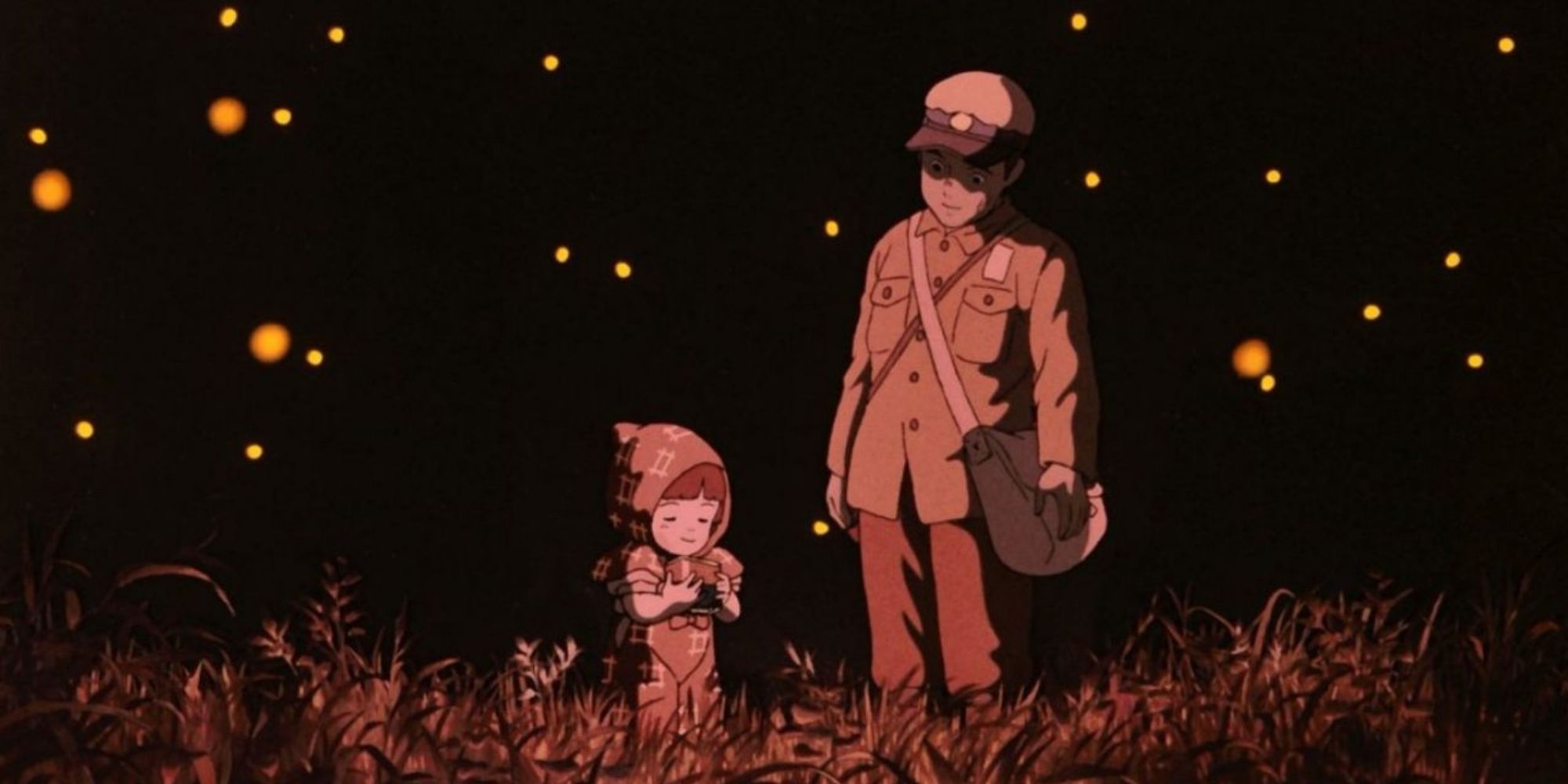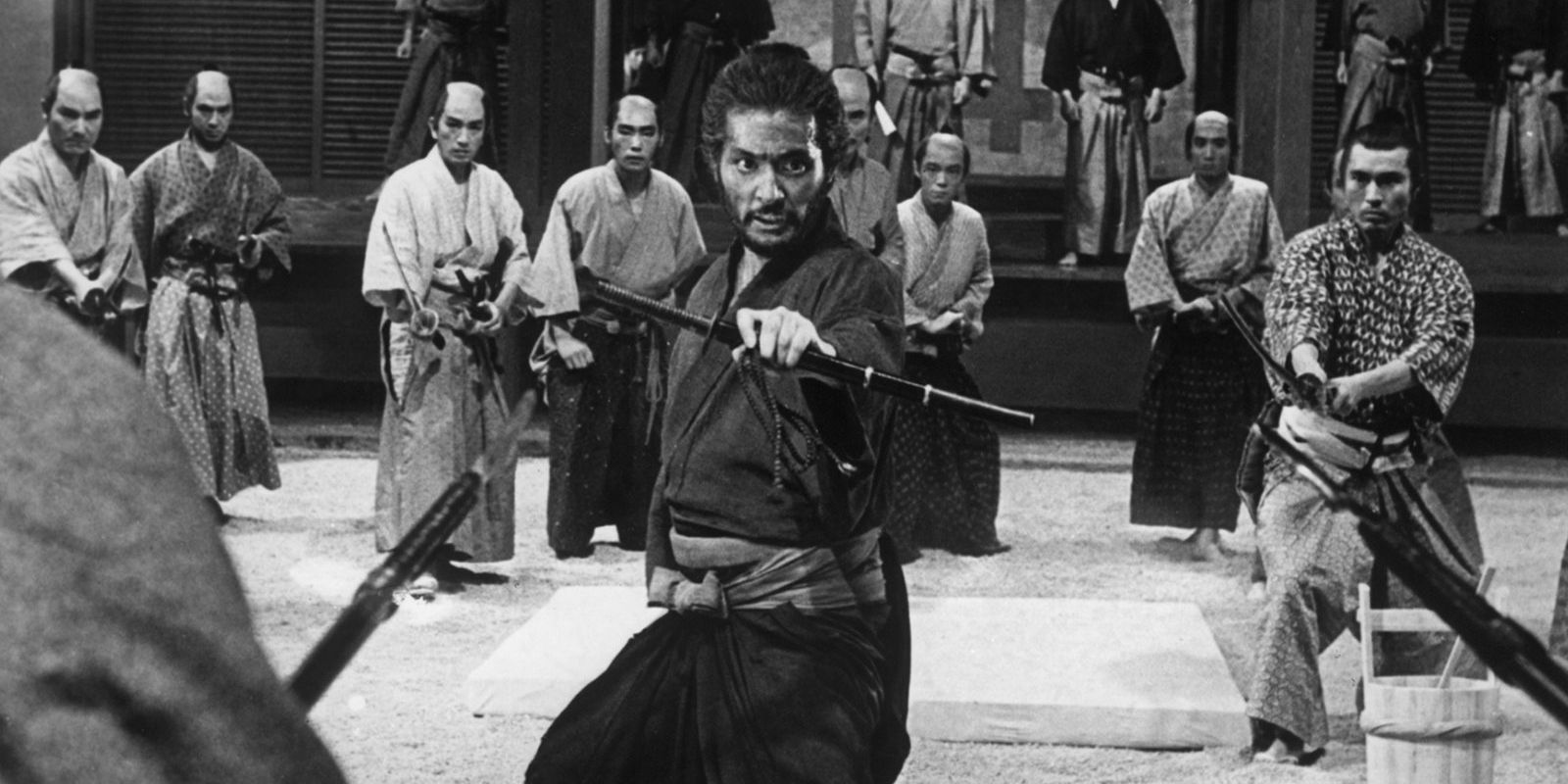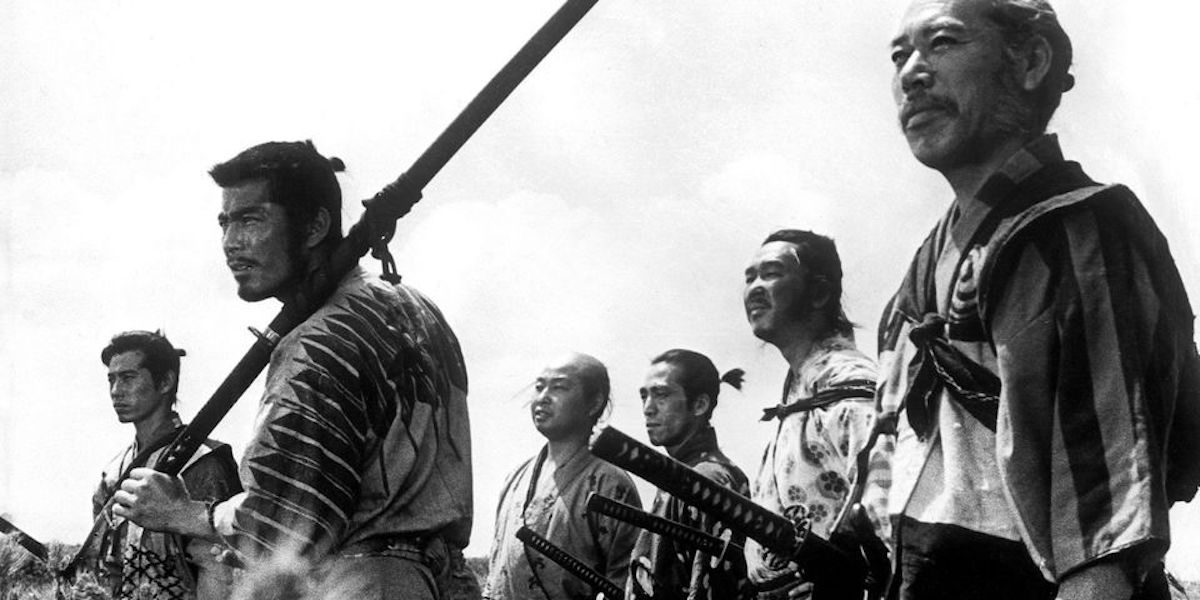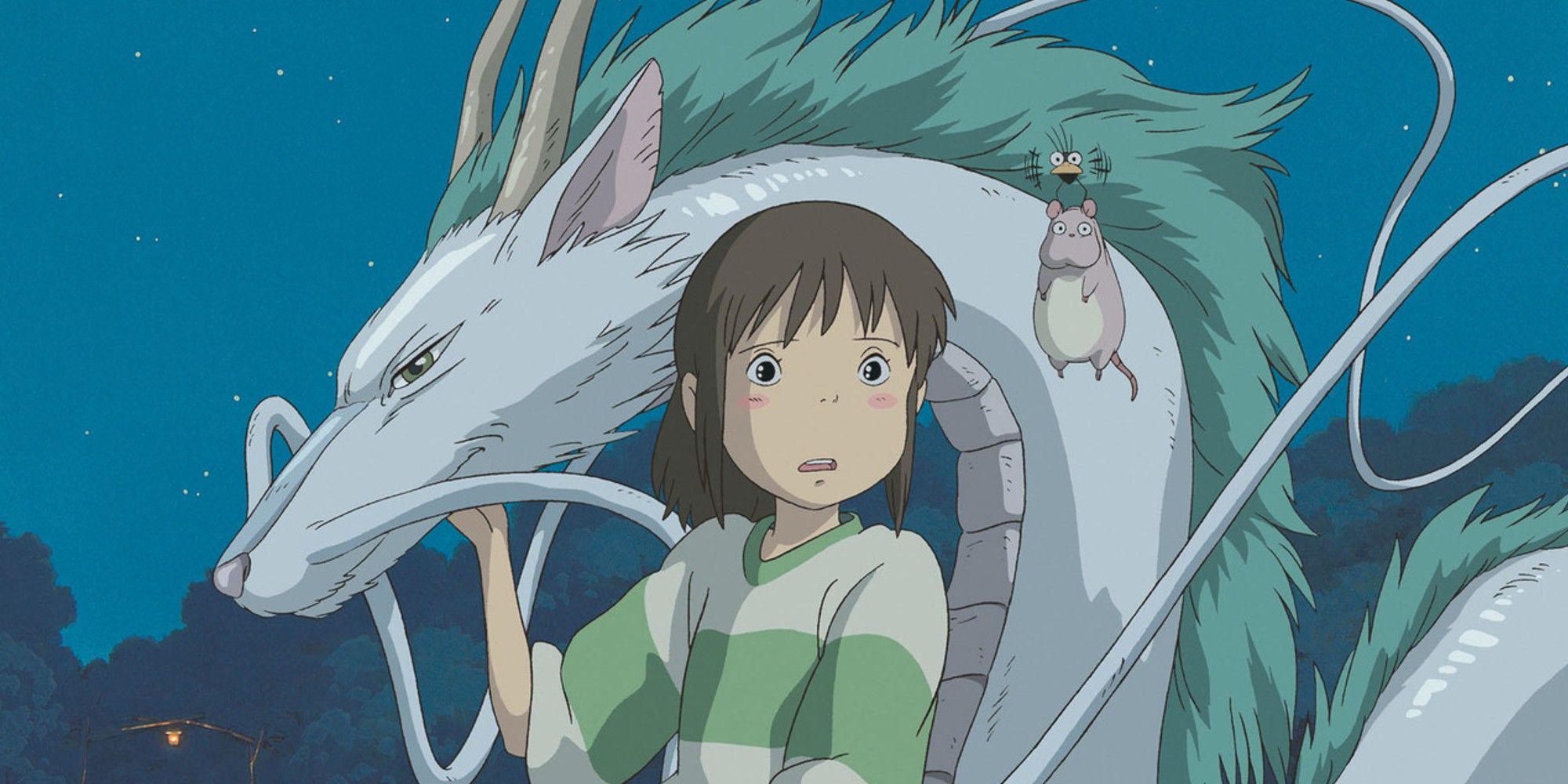When it comes to media, Japan is one of the greatest exporters of creative content. Whether it’s Japanese film, video games, anime, or novels, the country consistently delivers quality storytelling combined with its own unique sense of style.
In the realm of film, Japan has an abundance of great movies. Whether it’s animated films that commentate on the triumphs and failures of humanity, or sweeping epics set in feudal times, the country is host to a legion of talented filmmakers. While there are more fantastic Japanese movies than one list can cover, here are the best Japanese movies according to IMDb.
Updated on September 5, 2023, by Ty Weinert:
As one of the most popular animes worldwide, Demon Slayer fans were treated to 11 more great episodes as Season 3 wrapped up in June. The anime’s influence stretches beyond just the realm of television, however, as its first film adaptation, Demon Slayer: Mugen Train is one of the best Japanese films of all time according to IMDb users. One look at Japan’s contribution to the IMDb Top 250 reveals that anime movies are some of the most acclaimed films to hail from the country.
18 ‘Throne of Blood’ (1957)
IMDb Score: 8.1/10
A feudal Japan set take on Macbeth, Throne of Blood follows Washizu (Toshiro Mifune), a samurai who assassinates his sovereign at the behest of his wife. As Washizu becomes the new lord, he struggles with his guilt and the growing paranoia that his treachery is soon to be discovered.
Another samurai classic by Akira Kurosawa, Throne of Blood is one of the best adaptations of William Shakespeare’s legendary tale and one of the top Japanese movies. The feudal Japan setting does wonders to elevate the themes of the story, with honor and loyalty to their liege often the most important traits of a samurai.
Watch on Max
17 ‘Neon Genesis Evangelion: The End of Evangelion’ (1997)
IMDb Score: 8.1/10
Pitched as an alternate ending to the original popular anime series, Neon Genesis Evangelion: The End of Evangelion follows Shinji, Rei, and Asuka as they continue to fight their enemies using mechas named Evangelions.
Neon Genesis Evangelion is one of the most acclaimed anime series of all time, with its theatrical counterpart earning a place on the list of Japanese best movies. The best of the Neon Genesis movies, The End of Evangelion serves as a fitting end to the original series as it showcases the power of animation to tell dark, adult stories.
Watch on Netflix
16 ‘A Silent Voice’ (2016)
IMDb Score: 8.1/10
Adapted from the manga of the same name, A Silent Voice follows Shoya Ishida, a former grade school bully who sets out to make amends with those he hurt. Top of his list is Shoko Nishimiya, a shy girl who was born deaf and who moved schools as a result of Shoya’s bullying. As the pair reconnect, they learn more about each other and themselves.
Far removed from the fantasy and action that tends to dominate anime, A Silent Voice is a sweet story about two social outcasts finding a genuine connection with each other. While it may not be the best Japanese movie in everyone’s eyes due to its low-key nature, it is still a lovely human story worth spending time with.
15 ‘Tokyo Story’ (1953)
IMDb Score: 8.1/10
When an elderly couple decides to move from their small village to the bustling city of Tokyo, they plan to spend time with their adult children. But when they discover their kids are too busy with their own lives to entertain them, they instead find themselves being kept company by Noriko, the widow of their son who passed away.
An essential film by Yasujirō Ozu, Tokyo Story is a movie that could have easily been built on melodrama, but it is a subdued movie, operating quietly as it explores the dynamics of this family unit. It also gives a voice to elderly people, those who have been dismissed by their grown children as being merely nothing more than a nuisance to be ignored. The end result is the ultimate movie about a multigenerational family.
Watch on Max
14 ‘My Neighbour Totoro’ (1988)
IMDb Score: 8.1/10
After their mother is hospitalized, young sisters Mei and Satsuki move to a new home in the countryside with their father. As the siblings spend their days playing in the nearby woods, they soon befriend Totoro, a giant friendly creature who is a forest spirit. Together they go on joyous adventures.
One of the best Studio Ghibli movies, My Neighbour Totoro is pure joy. It is a Japan movie that is full of minimal conflict and maximum cuteness, creating the ultimate comfort movie. Its impact can be seen in how much its characters have appeared in popular culture, with Totoro plushies available for purchase all over the world.
Watch on Max
13 ‘Demon Slayer: Kimetsu no Yaiba – The Movie: Mugen Train’ (2020)
IMDb Score: 8.2/10
The sequel to the first season of the highly popular anime, Demon Slayer: Mugen Train moves the action to the big screen. As Tanjiro Kamado and his friends continue their journey to slay demons, they board the Mugen Train as it charges straight ahead into a fateful battle.
A juggernaut at the box office, Mugen Train earned a place as one of the most famous Japanese movies of all time as it topped the worldwide box office in 2020. This honor was more than earned as the film is a masterful combination of thrilling action, gorgeous animation, and a captivating plot that pulls at the heartstrings.
Watch on Funimation
12 ‘Yojimbo’ (1961)
IMDb Score: 8.2/10
When a nameless ronin arrives in a village consumed by a conflict between two powerful men, he finds himself in the middle of their turf war. As the ronin convinces both men to hire him as their personal bodyguard, he begins to play them against each other and causes a full-scale war to break out in the town.
One of the most influential samurai movies of all time, Yojimbo also proved to be an influence on the Western genre. The famous spaghetti Western A Fistful of Dollars is a remake of Yojimbo, and retains the classic mix of action and comedy that makes Yojimbo such a revered classic.
Watch on Max
11 ‘Rashomon’ (1950)
IMDb Score: 8.2/10
After a samurai is murdered and his wife is assaulted, four witnesses are summoned to recall what they saw. With each witness providing a different series of events, finding the truth proves to be complicated. As the witnesses all embellish certain parts of the story to paint themselves in a favorable light, they each reveal how they wish to be seen.
A unique samurai movie, Rashomon focuses less on sword fighting and more on character study. Every character featured in the twisted narrative is performed to perfection, and the captivating narrative structure draws audiences in straight away as they seek to learn the truth of the incident.
Watch on Max
10 ‘Ran’ (1985)
IMDb Score: 8.2/10
Released towards the end of his career, Ran holds a place as one of Akira Kurosawa’s finest films, as well as standing among the greatest movies ever made. Influenced by Shakespeare’s King Lear, the story follows an aging warlord who attempts to pass his kingdom to his three sons.
The final epic of his career, Ran is a culmination of all the themes and techniques Kurosawa expressed throughout his filmography. The film earned him his only nomination for the Academy Award for Best Director.
Watch on Prime Video
9 ‘Howl’s Moving Castle’ (2004)
IMDb Score: 8.2/10
Another classic from Studio Ghibli and Hayao Miyazaki, Howl’s Moving Castle is set in a fictional kingdom where magic exists. When a young girl is transformed into an old woman by a witch, she finds herself befriending a wizard named Howl and travels with him aboard his titular moving castle in an effort to break the spell.
Miyazaki has claimed that Howl’s is his favorite creation, and he made it as a way to express his disdain for America’s invasion of Iraq. Howl’s Moving Castle also touches on feminism and ageism, offering thoughtful messages beyond its stunning visuals.
Watch on Max
8 ‘Ikiru’ (1952)
IMDb Score: 8.3/10
Kurosawa’s 13th film, Ikiru provides one of his most understated stories. When an aged man nearing retirement discovers he is terminally ill, he attempts to make the most of his final days. Despite a strained relationship with his son, he vows to make a mark on the world through the happiness he can leave with others.
Commentating on the purpose of life and the acceptance of death, Ikiru is a must-see existentialist movie that explores themes that everyone will find relatable. The film is also Kurosawa’s examination of what he considered to be a period where Japanese family life was falling apart.
Watch on Max
7 ‘Princess Mononoke’ (1997)
IMDb Score: 8.3/10
The fourth creature-filled film from Studio Ghibli, Princess Mononoke helped establish both of their names internationally. The film follows a young prince who finds himself in a war between the spirits of a forest and the humans harvesting it for resources.
A portrayal of humanity’s negative effect on the environment, the film refuses to paint a clear villain. Both the gods of the forest and the humans have understandable reasons for their side of the conflict, and Princess Mononoke presents the ideal solution as a middle ground between mankind and nature.
Watch on Max
6 ‘High and Low’ (1963)
IMDb Score: 8.4/10
Wealthy Gondo (Toshiro Mifune) is a company executive, who is secretly attempting to stage a company buyout. However, when he receives a call claiming his son has been kidnapped, and he needs to pay a ransom to see him again, Gondo finds himself in a precarious situation.
What begins as a tense drama soon turns into a police procedural, as detectives become involved in the search for the perpetrator. High and Low mostly serves as an examination of Gondo’s character, as he is forced to balance his desire to achieve success with that of being a good person.
Watch on Max
5 ‘Your Name’ (2016)
IMDb Score: 8.4/10
Worthy of a spot among the top 10 Japanese movies, Your Name is a romantic body swap anime film that tells the story of two teenagers living in modern Japan. The pair begin to swap bodies and are forced to live each other’s lives for periods of time. In an effort to solve their dilemma, the teens decide to meet for the first time.
The film was a major success at release and was praised by critics, becoming one of the most popular Japan movies overseas. Your Name is beautifully animated, and the story does a fine job of portraying the earnestness of young love and the awkwardness of trying to navigate your teenage years.
4 ‘Grave of the Fireflies’ (1988)
IMDb Score: 8.5/10
Easily the most depressing film on this list, Grave of the Fireflies tells the story of a teenage boy and his younger sister. Set during the final months of World War II, the film follows the sibling’s desperate attempt to survive as the war finds its way to their home.
Animated by Studio Ghibli, the film is as beautiful as it is haunting. Grave of the Fireflies does not shy away from the harsh realities of war and its impact on civilians. Grave of the Fireflies is one of the greatest war films of all time and a milestone in Japanese movie history.
3 ‘Harakiri’ (1962)
IMDb Score: 8.6/10
One of the best samurai films of all time, if not the best, Harakiri begins with an elder samurai arriving at the estate of a feudal lord. The samurai asks the lord if he may commit seppuku within his manor, causing the samurai to explain the events that led him here.
An anti-samurai film, Harakiri criticizes the failings the samurai code held for its followers. When wars had been won and peace enveloped the land, samurai often found themselves without purpose, choosing to take their own lives by performing “harakiri,” resulting in a tragic waste of life.
Watch on The Criterion Channel
2 ‘Seven Samurai’ (1954)
IMDb Score: 8.6/10
Seen by many as Kurosawa’s magnum opus, Seven Samurai tells the tale of seven samurai who band together to protect a village from the bandits who threaten it. Each of the samurai comes from a different background, but they all find meaning in protecting those who cannot protect themselves.
Often cited among the most influential and best Japanese movies of all time, Seven Samurai was adapted in America and released as The Magnificent Seven, placing it in a Western setting. The movie’s storyline and concept of “getting a team together” can be felt in media everywhere, with the film’s influence being felt in The Dirty Dozen, Saving Private Ryan, and even Avengers: Endgame.
Watch on Max
1 ‘Spirited Away’ (2001)
IMDb Score: 8.6/10
Animation house Studio Ghibli and director Hayao Miyazaki possess a filmography that rivals anyone, but Spirited Away stands as their masterpiece (and continues to be the best Japanese movie). When ten-year-old Chihiro witnesses her parents being turned into pigs by a witch, she must work in the witch’s bathhouse to earn her parents’ freedom.
What follows is an amazing display of animation and imagination as Chihiro finds herself in a wondrous world parallel to our own, full of quirky characters and bizarre creations. Spirited Away won the Academy Award for Best Animated Feature, making it the first, and only, non-English language film to do so.
Watch on Max
Source link

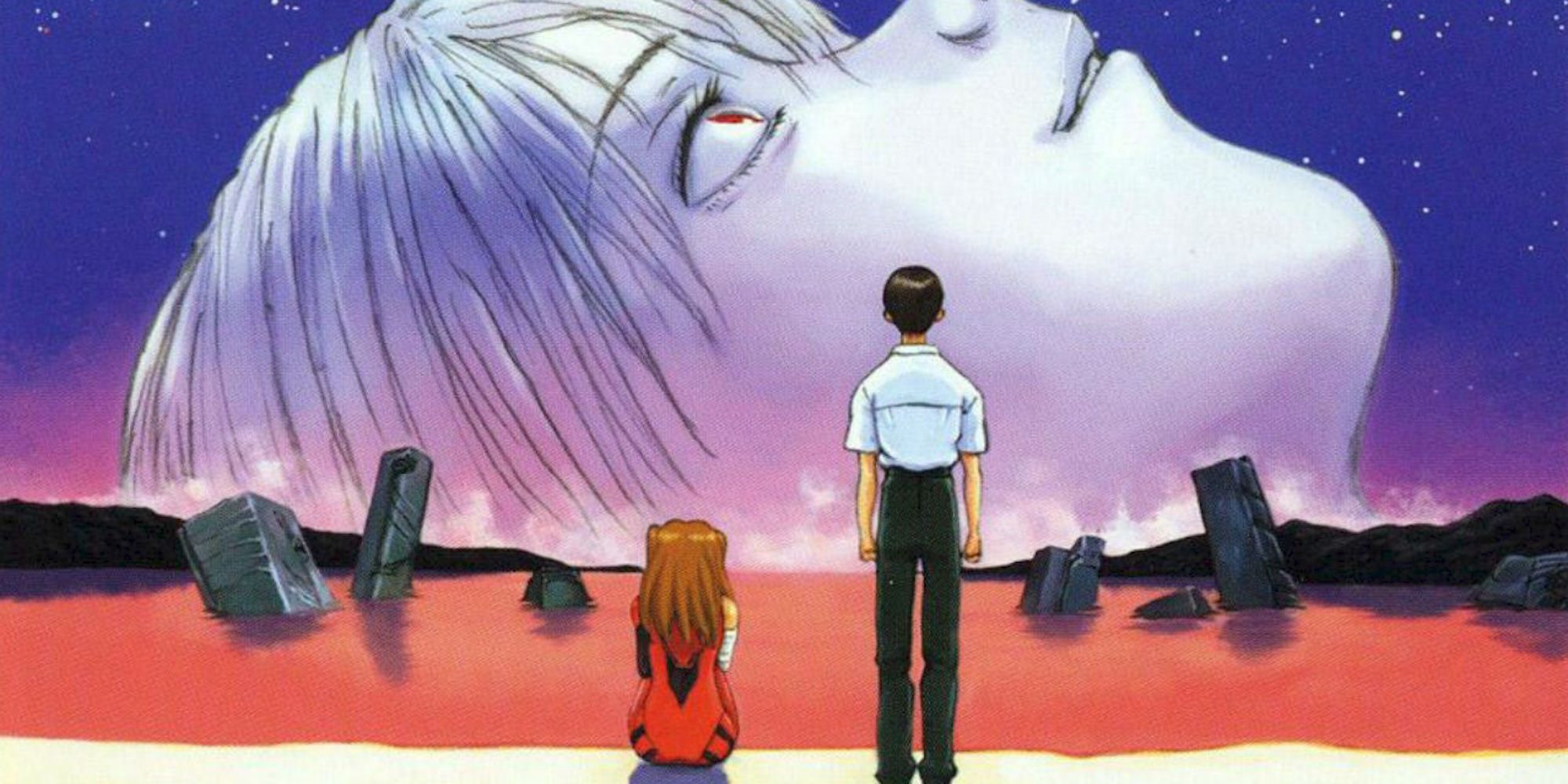
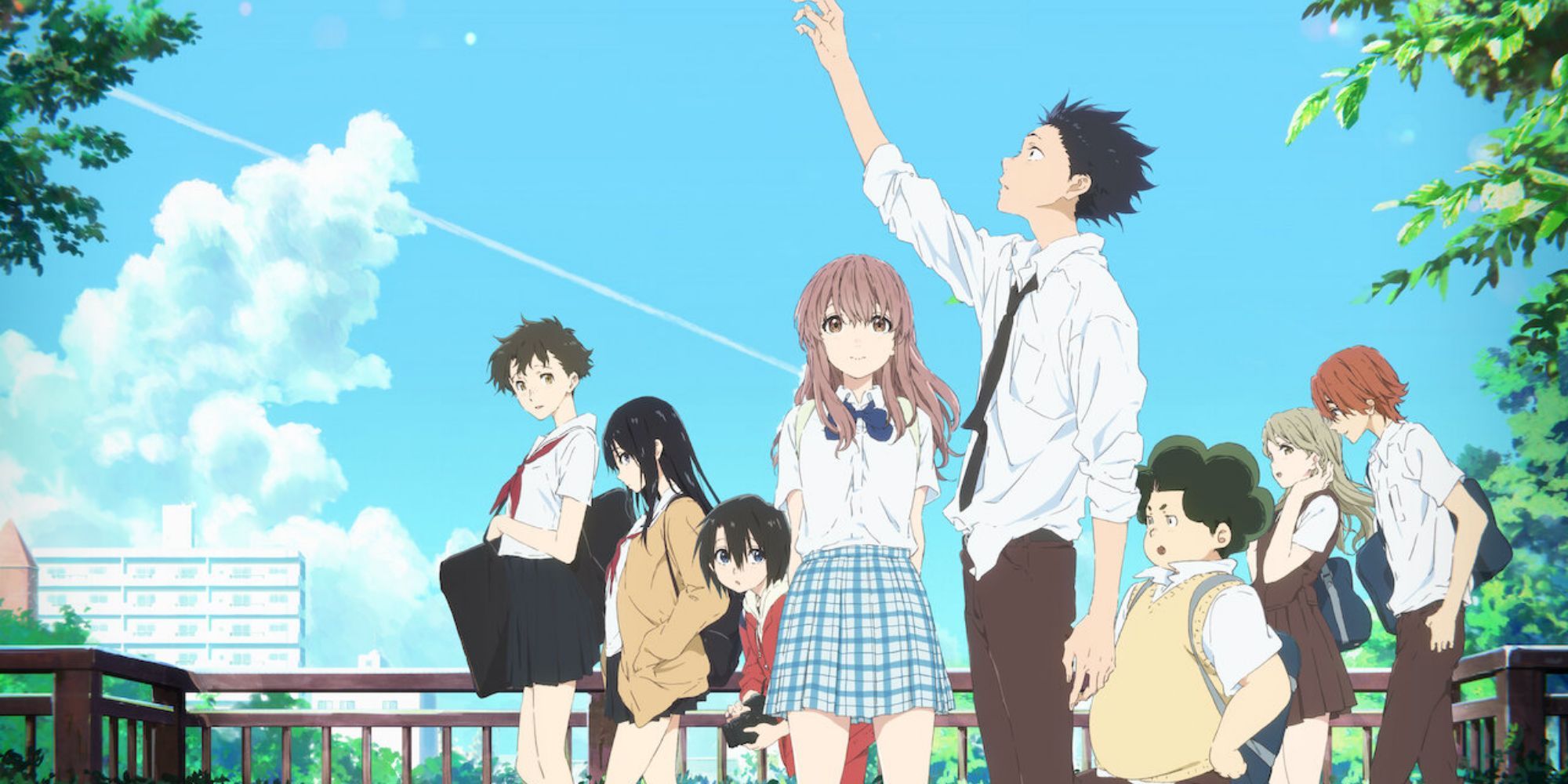
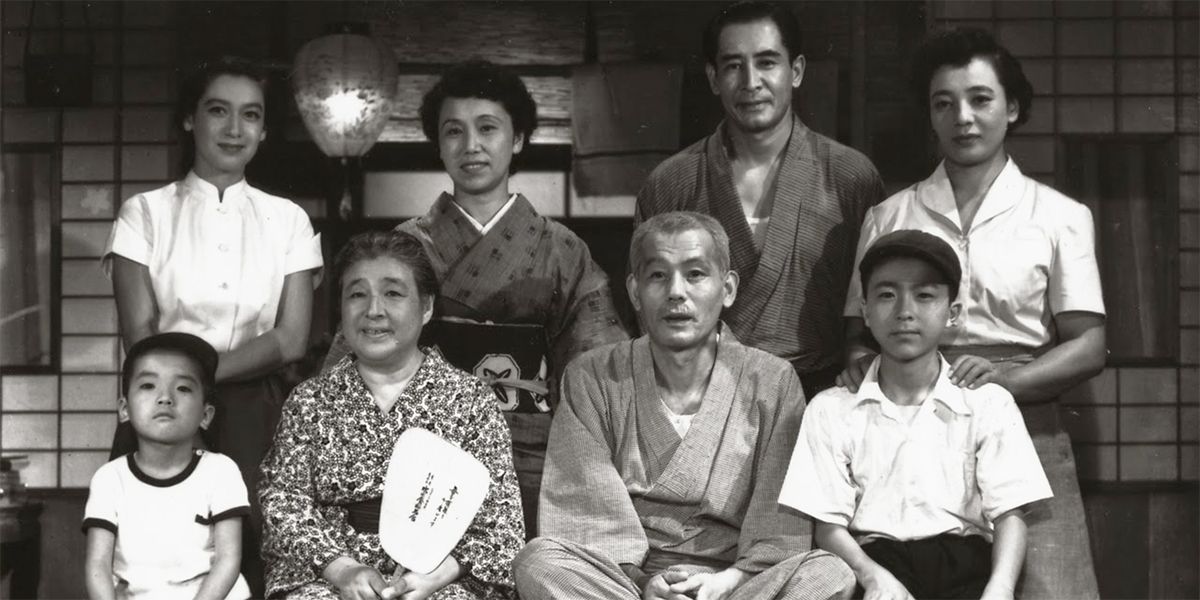
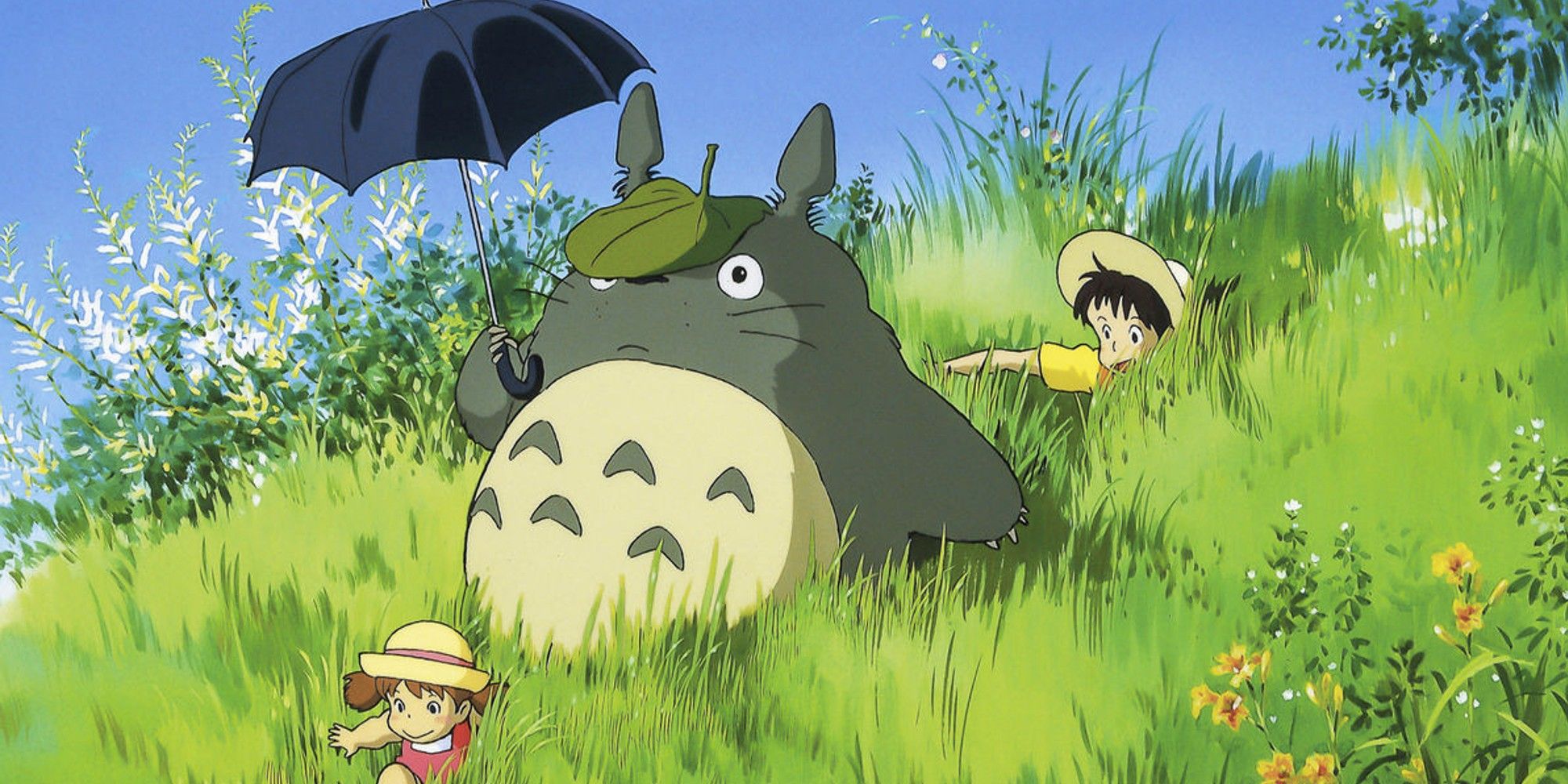
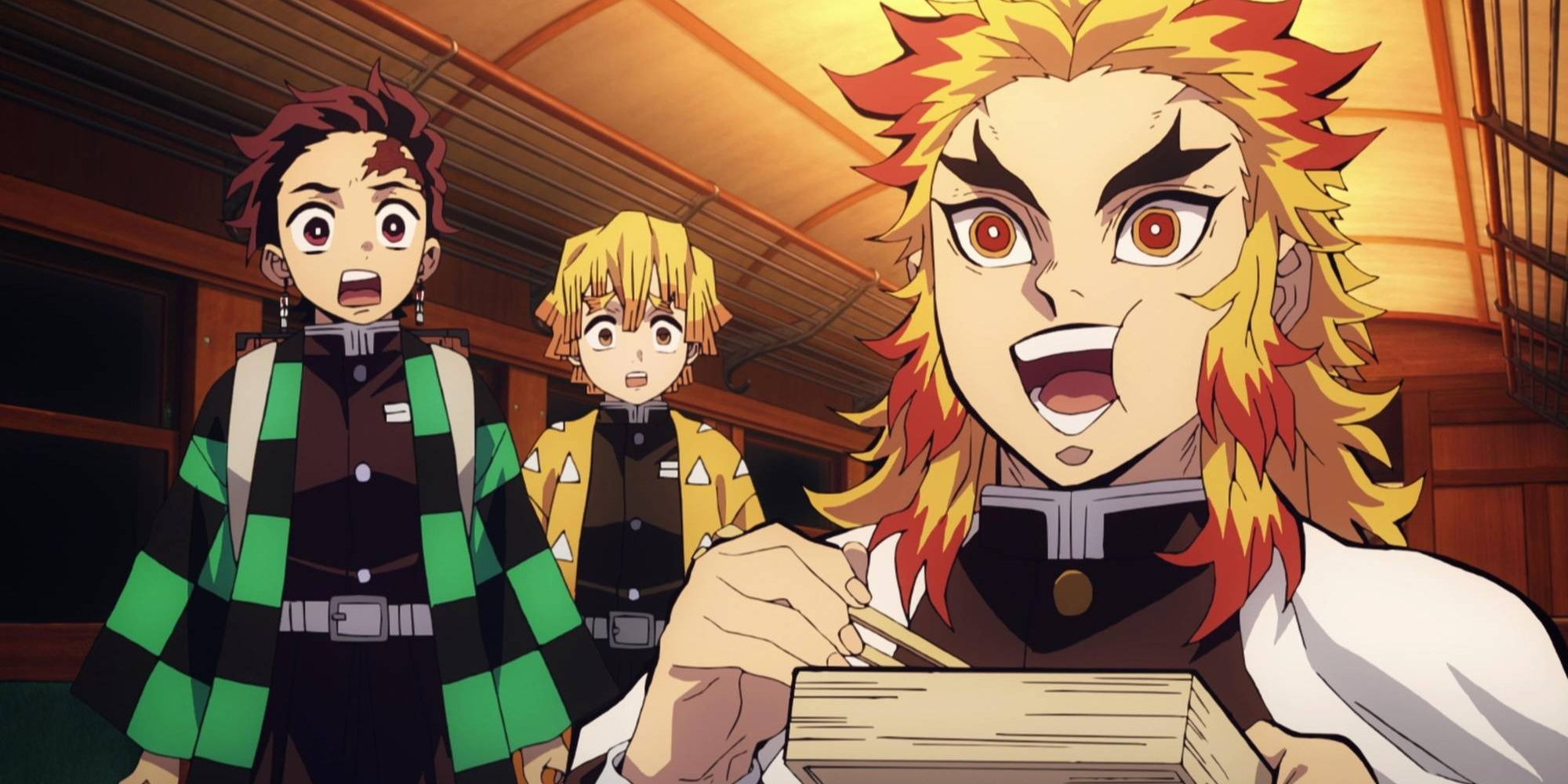
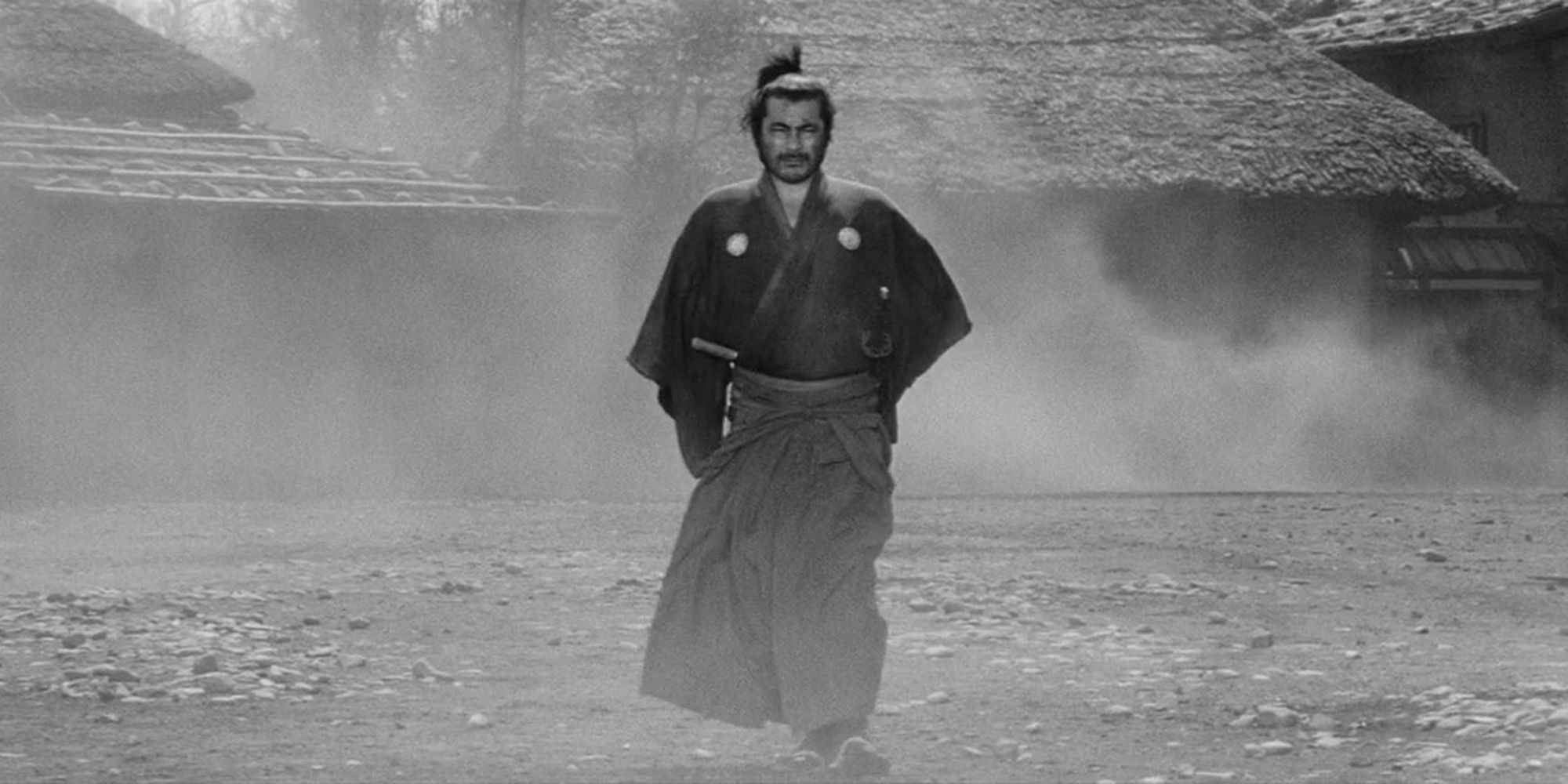
.jpg)

